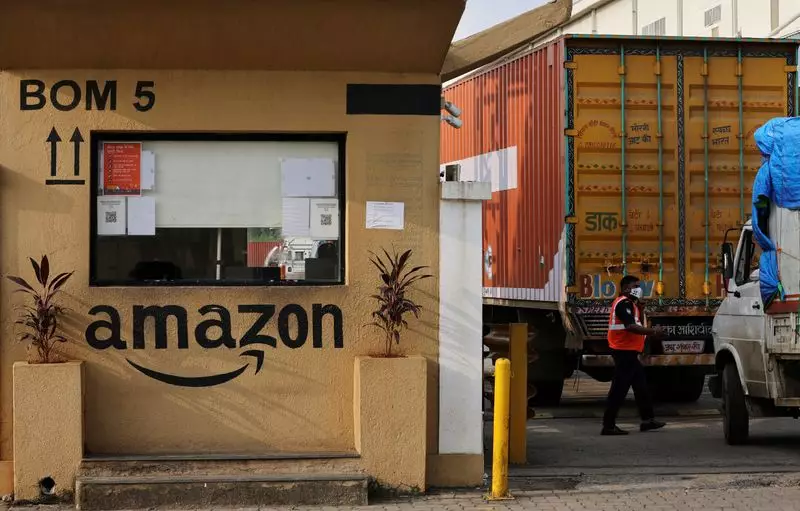In recent developments, India’s financial crime agency has intensified its investigation into significant foreign investment law violations attributed to major players in the e-commerce sector, particularly Flipkart and Amazon. Executives from these companies are being summoned for questioning as the Enforcement Directorate (ED) continues to probe allegations that the firms are not complying with Indian regulations concerning foreign direct investment (FDI). This move signifies an escalating trend of government scrutiny, particularly as e-commerce sales in India surge amidst rising competition in a market projected to reach $70 billion.
The scrutiny faced by Flipkart, which is owned by Walmart, and Amazon aligns with a parallel investigation by the country’s antitrust authority, potentially exposing a pattern of business practices that favor a select group of sellers at the expense of a more equitable market environment. At the core of these investigations lies the prohibition under Indian law that forbids foreign e-commerce companies from holding inventory for sales directly on their platforms, essentially mandating them to operate strictly as marketplaces for sellers.
The ED’s latest actions come fresh on the heels of raids conducted on sellers affiliated with both Flipkart and Amazon. The raids were reportedly thorough, indicating possible violations of existing foreign investment laws with unflattering implications for the operational practices of these corporations. According to a senior government official closely following the situation, the evidence collected during the raids confirms suspicions that the companies have indeed breached specified regulations.
Amazon and Flipkart maintain that they operate within legal frameworks, insisting on their compliance with Indian laws while simultaneously facing persistent inquiries from government entities. These allegations could have long-term repercussions for the firms, especially as they currently hold a substantial market share—32% for Flipkart and 24% for Amazon—within an e-commerce landscape that constitutes approximately 8% of India’s sprawling $834 billion retail market. The potential consequences of these investigations could reshape their operations and influence public trust in the efficacy of e-commerce models employed by foreign corporations.
A pivotal aspect of the investigations stems from findings that suggest both e-commerce giants exert a high level of control over their sellers, effectively manipulating inventory management practices. This was detailed in a 2021 Reuters investigation that highlighted how certain sellers, referred to internally as “special” merchants, were awarded preferential treatment, enhanced tools, and lower fees compared to their counterparts. Such practices not only contravene the stipulations against foreign control of inventory but also raise concerns regarding fair competition in the Indian market.
The buyer-seller dynamics on these platforms come under intense scrutiny as smaller players decry unfair practices that might threaten their viability. The allegations extend beyond mere inventory management to encompass broader claims of market manipulation and the prioritization of larger sellers, calling into question the very integrity of the e-commerce marketplace.
As the regulatory landscape in India continues to evolve, online shopping platforms are experiencing heightened direct oversight from government entities. Such a pivot reflects growing concerns about the potential for monopolistic behavior that stifles competition and limits opportunities for smaller, domestic players. Recent reports note that the antitrust authority is also investigating allegations against food delivery services like Zomato and Swiggy for similarly favoring specific restaurant partners, indicating an extensive need for reform across various facets of the digital economy.
The continuing scrutiny of giants like Flipkart and Amazon serves as a warning that e-commerce companies operating in India must navigate a complex regulatory environment while balancing the need to innovate and compete. Moving forward, the outcomes of these investigations could redefine operational boundaries, reshape investment strategies, and perhaps lead to enhanced protections for small businesses struggling to compete in an increasingly digital marketplace.
As the investigation unfolds, the implications span not only the future of Amazon and Flipkart but potentially signal a shift in how foreign e-commerce firms operate within the ambit of Indian law, ensuring fair play and accountability in an ever-expanding digital frontier.

